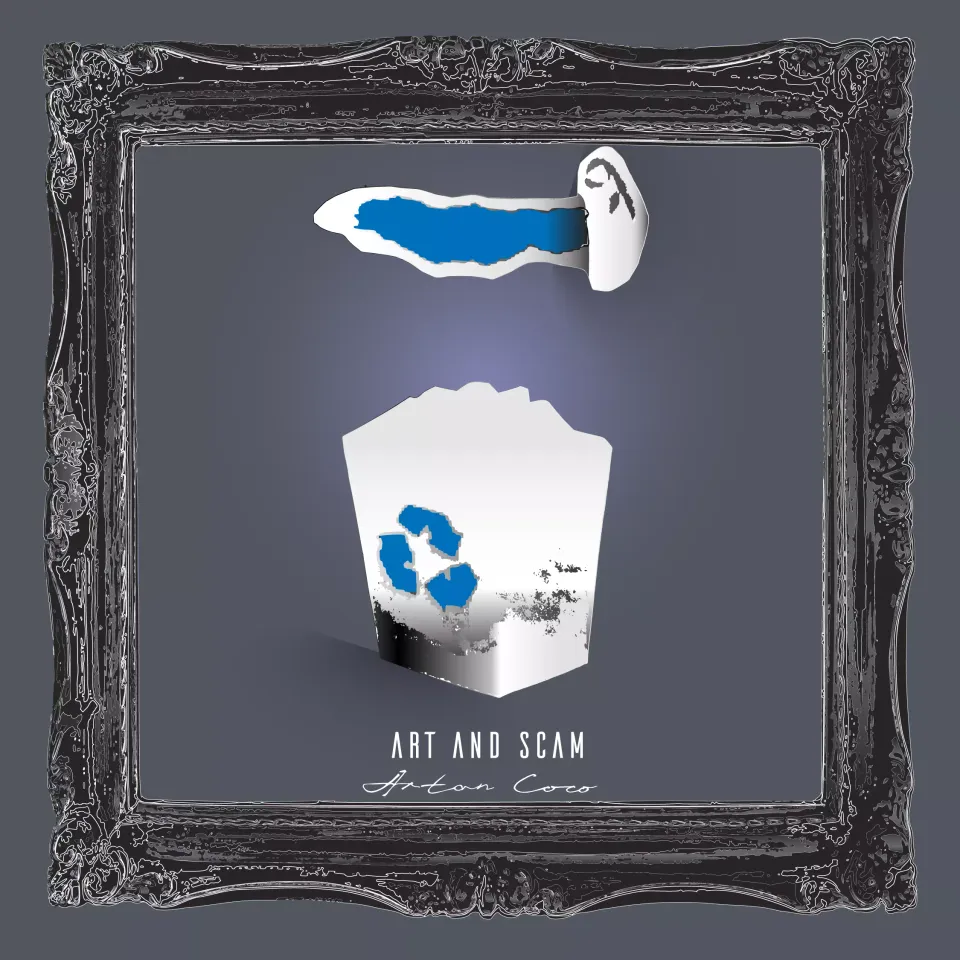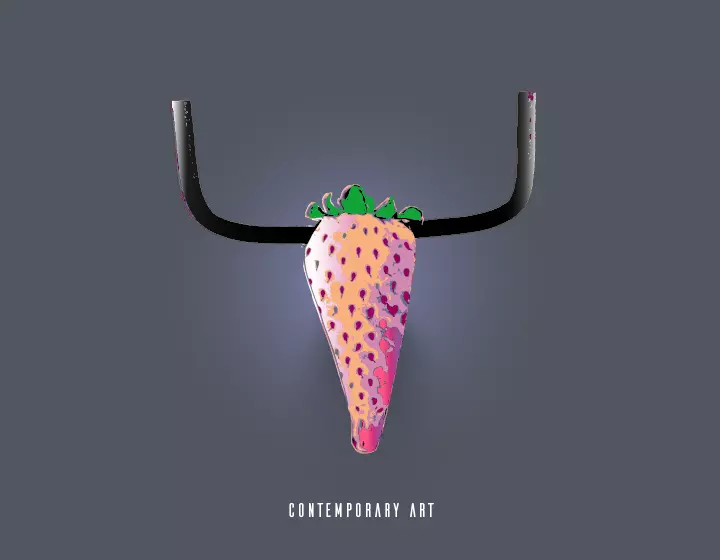How to Recognise and Avoid NFT Scam in 6 Steps

Are you an aspiring NFT artist? Do you want to showcase your unique creations on social media platforms and make big bucks from it? Well, before you take the plunge, it's important to be aware of NFT scam lurking around every corner.
These fraudsters can easily trick new artists into giving away their intellectual property or even worse, steal their hard-earned money!
But don't worry, we've got you covered. In this blog post, we'll give you a step-by-step guide on how to recognise and avoid scammers on social networks so that you can focus on what really matters - creating stunning NFT art that will blow people's minds!
Believe us, these are all our experiences with NFT scam that we convey to you firsthand after only a month of being present in the NFT world!
Too-Good-to-Be-True Offers
If someone approaches you with an offer that seems too good to be true, it probably is. Scammers often try to lure artists in with promises of high sales and quick profits. They may offer to buy your NFT for a large sum of money or promise to help you sell it quickly.
If scammer offers you 1 ETH for your NFT, you reject it, and minute after their offer is already on 5 ETH - this is a red flag, even if you created a real masterpiece there!
Be wary of any unsolicited offers, especially those that require you to give up control of your NFT.
Other telltale signs of a NFT scam include requests for personal or financial information, offers that require you to act quickly, or promises of guaranteed success.
If an offer seems too good to be true, do your due diligence and research the person or company offering the deal. Check their references and contact other artists who have worked with them before making any decisions.
Verify Identities and Accounts
Before you engage with anyone on social media, verify their identities and accounts. Look for verified accounts or profiles with a significant following. If someone reaches out to you claiming to be a famous artist or influencer, do your due diligence to make sure they are who they say they are.
This can include doing a quick Google search, looking up their social media profiles, and checking for any red flags such as suspicious or incomplete information.
- Make sure the account is registered with a real email address. Scammers will often use fake or disposable email addresses.
- Check the account's activity level. If an account has only been created recently and has no activity, it's likely a scammer.
- Look for red flags in the account's profile, such as a lack of personal information, low quality images, or grammatical errors.
- If scammer offer you to make a private deal on discord with "moderators" or "community staff" from OpenSea, chances that you're being targeted by scammer are almost 100%, as staff from these marketplaces will never contact you via direct messages.
- Another trick form scammers who are offering to buy your NFTs on OpenSea is following - they will inform you that they're about to buy your NFTs on Opensea, but for some reason transaction couldn't be completed, and they will inform you that you need to contact OpenSea support via email. These emails are usually registered on Gmail and look like official.support at gmail.com or similar. If this happens, feel free to report the "collector" on twitter, instagram or any other platform.
- It may also happen that scammer will offer you some kind of deal that doesn't necessarily has anything to do with actual transaction of NFT artworks, but they may offer you some kind of cooperation (sponsoring your website, discord server or YouTube channel). If that is the case, make sure to check twice all the "contracts" they send you to sign, as these "contracts" are actually viruses, which can harm your computer, your bank accounts, crypto wallets or NFT assets.
If you're unsure about an account, don't hesitate to reach out to the person directly to verify their identity. A genuine collector or artist will be happy to answer any questions you have.
Watch Out for Fake Websites and Phishing Scams
When you're first starting out as an NFT artist, it's important to be aware of the various scams and fake websites that abound on the internet.
Scammers may create a fake website that looks like a legitimate NFT marketplace or exchange, tricking you into entering your personal information or digital wallet information. Always double-check the URL and look for security indicators such as HTTPS and SSL certificates.
Never enter your personal information or digital wallet information unless you are absolutely sure it is a legitimate website.
Phishing scams are also common, where scammers use emails or text messages that appear to be from a legitimate source in order to get access to your sensitive information. When in doubt, contact the source directly to verify the message.
Finally, be sure to keep track of all transactions and confirmations on the blockchain. This will help ensure that your digital asset is safe and secure at all times.
Use Trusted Platforms and Escrow Services
To protect yourself from NFT scam, it's important to use trusted platforms and escrow services. Platforms such as OpenSea, Foundation, Nifty Gateway, and SuperRare have established reputations and offer escrow services to protect both buyers and sellers.
Escrow services hold the funds in a secure account until the buyer confirms receipt of the NFT, ensuring that both parties are protected.
Additionally, if you're a collector, it's important to confirm the authenticity of an NFT before making a purchase. Many platforms offer tools to help verify that a digital asset is genuine, so be sure to use them and do your own research to make sure you're not getting scammed.
Be Careful with Private Transactions
Private transactions can be risky, as they offer less protection than transactions through a reputable platform. If you choose to engage in a private transaction, be sure to do your due diligence on the other party and make sure you are comfortable with the terms of the sale.
Always use a trusted escrow service to hold the funds until the transaction is complete.
Finally, do not send funds to someone you have not met in person. Do not trust anyone who asks for upfront payment or insists on using a private transaction instead of a more secure platform. Be sure to use caution when making a purchase and protect your money at all costs.
Do Your Research to avoid NFT scam
And finally, but not least important step in avoiding NFT scams is to do your research. Take the time to learn about the different platforms where NFTs are sold and the process for creating and selling your own.
Look for reviews of the platforms and read about the experiences of other artists who have sold NFTs. This will give you a good idea of what to expect and what red flags to watch out for.
With these precautions in place, you can safely and confidently sell your NFT art.
And do your own research anytime you think you could be a victim of NFT scam!




